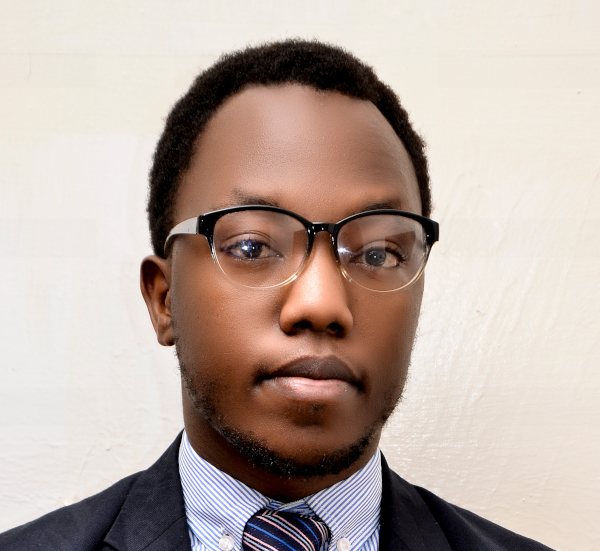

President Paul Kagame has said that Rwandans have the ability to make choices and decisions that align with their interests, emphasizing this belief as the foundation of his presidency.
Kagame underscored Rwanda's investment in its people, expressing confidence that there will always be capable individuals ready to take on leadership roles when the time is right.
ALSO READ: Rwandans will choose their own path, says Kagame
In an exclusive interview with Al Jazeera, Kagame addressed questions about his 23-year presidency and his vision for Rwanda&039;s future beyond his leadership.
"It's not just about the individual elected or occupying the position for those years. It's also a matter of the choices made by various segments of our population. It's, of course, the responsibility of individuals like me. However, it's essential to recognize that Rwandans are not inferior to anyone when it comes to making judgments," he said.
Kagame highlighted the unity among Rwandans in the aftermath of the 1994 Genocide against the Tutsi, emphasizing the emergence of ambitious goals among individuals driven by a collective desire to overcome adversity. He stressed that Rwandans are as capable as anyone else and should be in control of their own destiny.
"In any case, this cannot be solved by anyone outside of Rwanda. External actors can contribute, but they cannot replace Rwandans in addressing our complex problems," he added.
ALSO READ: There will never be genocide again in Rwanda - Kagame vows
The President also touched the importance of acknowledging Rwanda&039;s tragic history of genocide while redirecting attention towards the future. He outlined a vision of a unified and prosperous nation where citizens can enjoy ordinary, peaceful lives, citing the positive developments underway in the country.
"This is a journey we must undertake, and it's a lengthy one. However, our ultimate goal is to ensure stability, freedom for all, coexistence, and, above all, social and economic development, which some parts of the world have taken for granted," he explained.
Insufficient learning from history
Regarding the prevalence of coups and political instability in various African countries, President Kagame attributed it to the world's failure to learn from past events, including those in Rwanda.
ALSO READ: Africa witnesses seven coups in three years
He called for a deeper understanding of whether coups occur for specific reasons or occur randomly, while highlighting the historical neglect in addressing societal and national development. Kagame dispelled the misconception that Africa is inherently poor, pointing out its abundant natural resources and human capital. Kagame emphasized the critical role of governance in Africa and questioned whether countries prioritize the welfare of their citizens.
"When a coup happens, and ordinary people take to the streets rejoicing, it sends a message," he asserted.
Kagame also scrutinized the roles of developed countries in Africa, highlighting their promotion of democracy, human rights, and freedoms while simultaneously exploiting the continent&039;s natural resources for profit. He called for an examination of why these nations have profited economically from Africa for decades, while the African population remains impoverished or worse off.
Taking responsibility as Africans
While acknowledging the lasting impact of colonialism in various forms, Kagame refused to assign blame solely to external actors and encouraged Africans to take responsibility for their situation.
ALSO READ: Africa needs the right mindsets, rather than more funding – Kagame
"We must accept responsibility ourselves as Africans. Why do we tolerate such circumstances? We possess almost everything, yet others benefit more than we do. There are ways to correct this. Sometimes we may complain or blame the exploiter, but we, the exploited, should also be held accountable," Kagame asserted.


